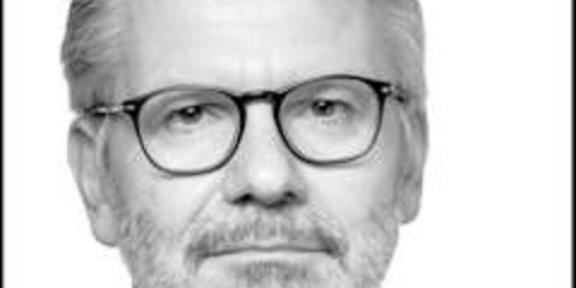The Weidenfeld Chair in Comparative European Literature is a Visiting Professorship at the University of Oxford, and is an established part of the academic year at St Anne's.
The 2018-19 Weidenfeld Visiting Professorship will be held by Durs Grünbein. Durs was born in Dresden in 1962, and now lives in Berlin and Rome. After the decline of the Soviet Empire he started travelling throughout Europe, South Asia and the United States. Since 2005 he has been Professor for Poetics and Aesthetics at the Kunstakademie Düsseldorf. Durs is a member of several German Academies and since 2009 member of the Order Pour le mérite for Science and Arts in Germany. He has published fifteen collections of poetry, one diary, a book of memories and four books of essays. Also translations of Aischylos, Seneca, Juvenal. His work has been awarded many major German and International literary prizes, including the Büchner-Price 1995, Nietzsche-Prize 2004, Hölderlin-Prize 2005, Pier-Paolo-Pasolini-Prize in Italy 2006 and Transtömer-Prize in Sweden 2012. His poetry has widely been acclaimed and translated into several languages.
These lectures have a far-reaching title. In general terms they explore the way history impinges on ordinary lives and finds its way into the literary imagination. At least since Hegel and Marx history writ large has been one of the fetishes of modern human sciences and arts. It seems, pace Marx, as if our historical being does not merely determine our lives as social entities, but also reaches into the most private corners of our consciousness and determines also the imaginative power and ludic drive of literature. Anyone born in the twentieth century – this century of wars and divisions – will have found themselves already historicised even as a child. For the emerging writer, the poet, there will inevitably come a certain moment when he becomes conscious of his position in the overall context of the history of his nation, his family and his language community. From that moment on his writing will seem above all to obey an overarching imperative: that of bearing witness to his times. But poetry insists on going its own ways, seeing the world with its own eyes. Out of this comes a constant tension, or, one might say, irresolvable dialectic. That is the core contention of these four lectures. They are designed according to the principle of collage.
This second lecture attempts to sketch a topography of Germany by way of its techno-logical development, in particular the so-called ‘Reichsautobahn’ - one the most comprehensive construction projects of National Socialist Germany (and one indeed that outlasted it). It will explore how this is bound up with the language of the Third Reich and its violent history.
These lectures consciously take account of, and reflect, the breaks and discontinuities of German history. True to the modus operandi of the author’s own poems, they employ a collage technique that demands the imaginative collaboration of reader and audience alike.
The lectures take place at 5.30pm at St Anne’s College. All welcome, no need to book.
